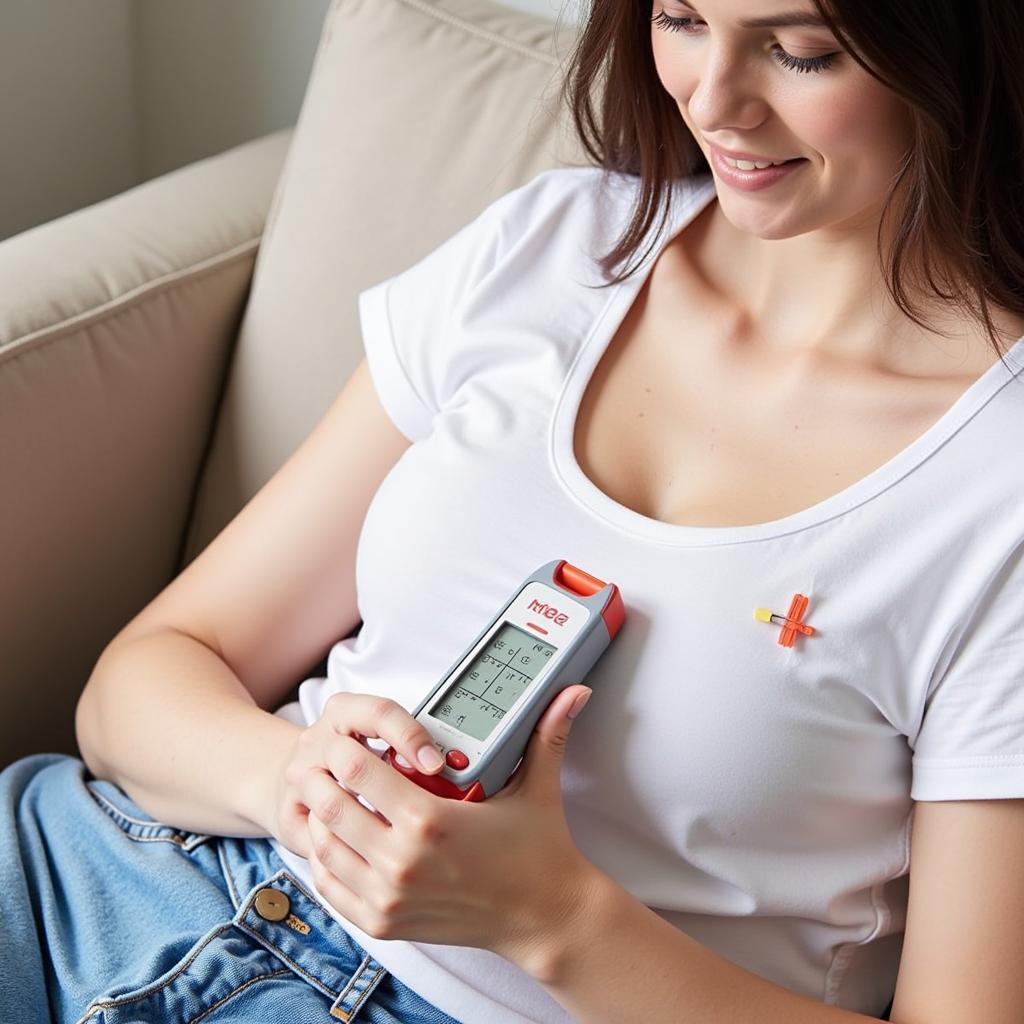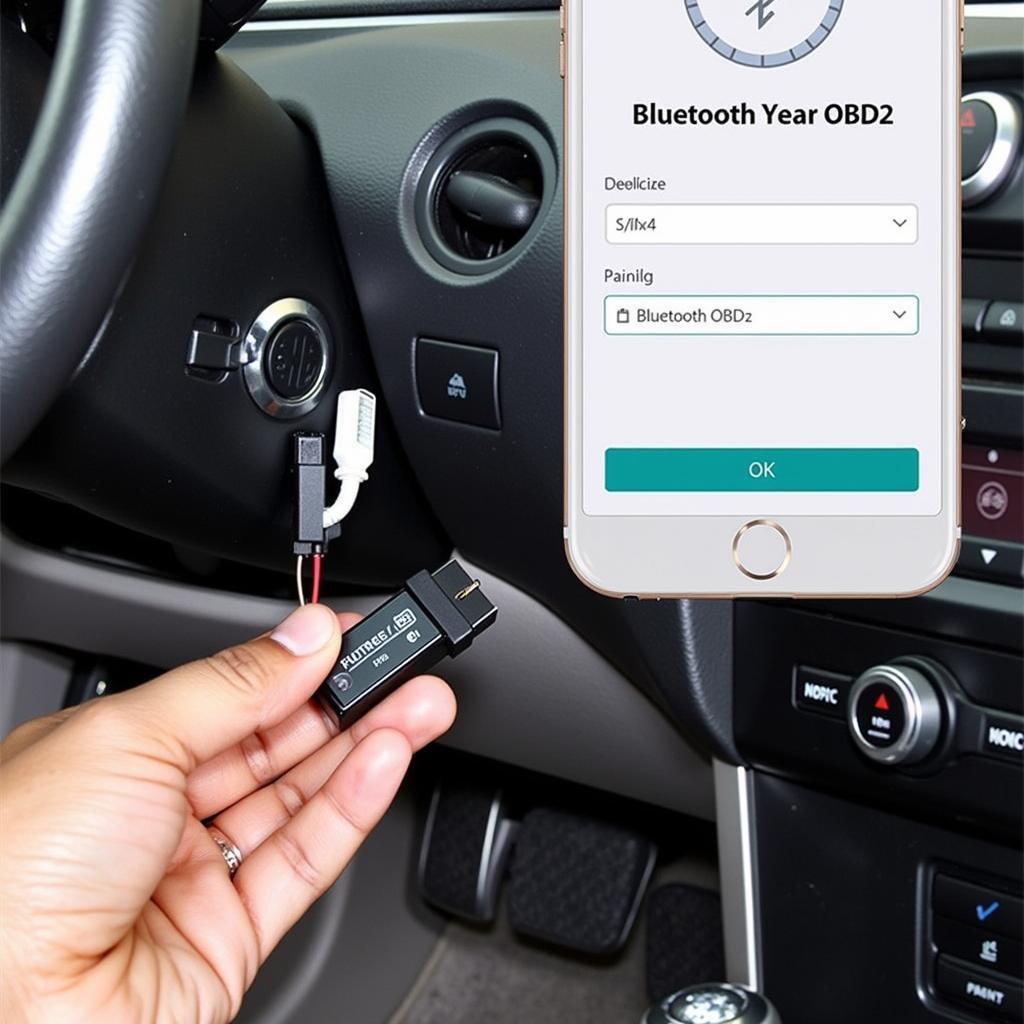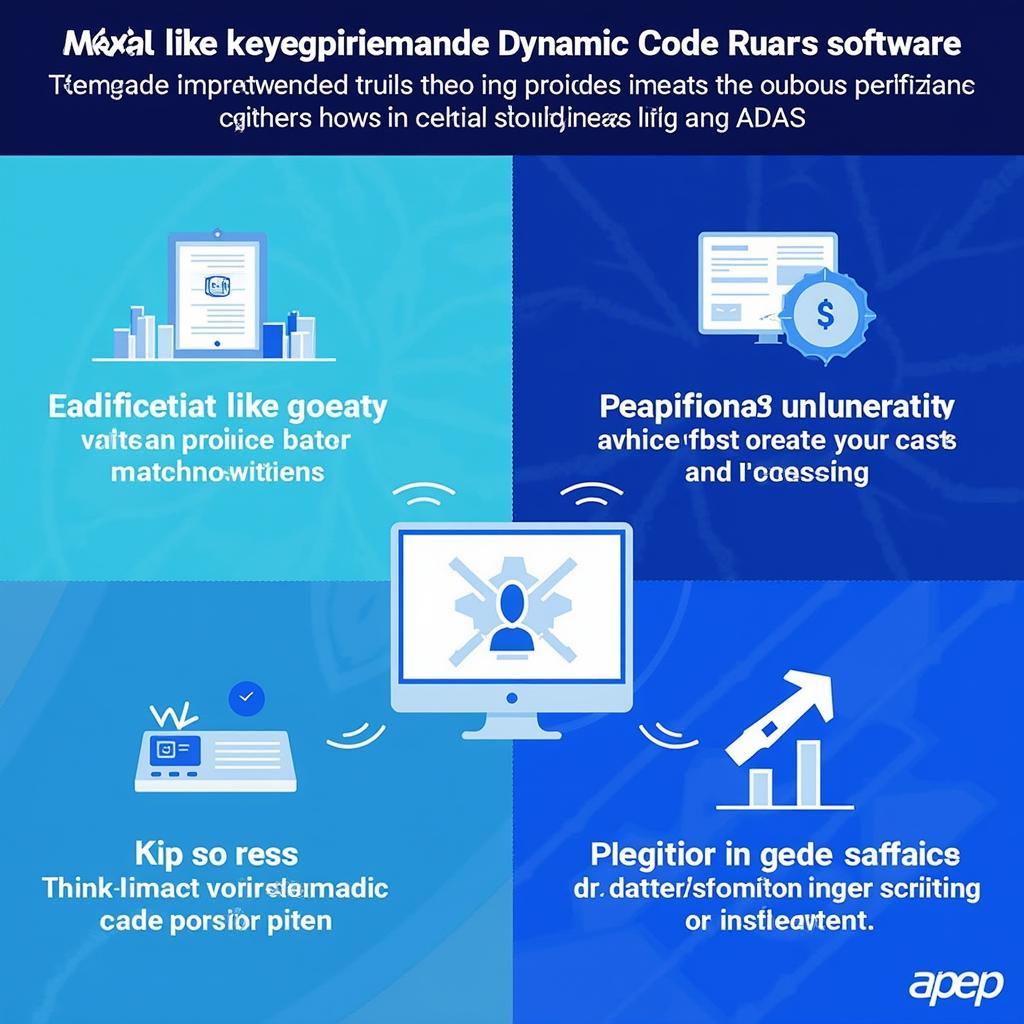At-home cardiac diagnostic tools empower individuals to monitor their heart health conveniently and affordably. These devices, ranging from simple blood pressure monitors to sophisticated ECG recorders, offer valuable insights into cardiovascular function, allowing for early detection of potential issues and proactive management of existing conditions. This guide explores the various types of at-home cardiac diagnostic tools, their benefits, limitations, and how they can play a crucial role in maintaining optimal heart health.
Understanding the Need for At-Home Cardiac Diagnostic Tools
Why are at-home cardiac diagnostic tools gaining popularity? Many individuals experience infrequent or transient cardiac symptoms that are difficult to capture during routine doctor visits. These tools bridge that gap, providing a means to track and record these events for more accurate diagnosis and treatment planning. Furthermore, these devices empower individuals to take an active role in managing their heart health, promoting awareness and encouraging proactive lifestyle changes.
Benefits of Using At-Home Cardiac Diagnostic Tools
- Early Detection: At-home tools can detect early signs of heart problems, enabling timely medical intervention.
- Convenience: Monitoring heart health from the comfort of your home eliminates the need for frequent clinic visits.
- Cost-Effective: While initial investment varies, these tools can save money on long-term healthcare costs.
- Empowerment: These devices empower individuals to take control of their heart health and make informed decisions.
- Peace of Mind: Regular monitoring can provide reassurance and reduce anxiety for those with heart conditions.
 Using an At-Home ECG Monitor
Using an At-Home ECG Monitor
Types of At-Home Cardiac Diagnostic Tools
Choosing the right at-home cardiac diagnostic tool depends on individual needs and health conditions. Let’s explore some common options:
Blood Pressure Monitors
Blood pressure monitors are essential for tracking hypertension, a major risk factor for heart disease. Regular monitoring helps identify fluctuations and ensures effective management of blood pressure levels.
ECG Monitors
At-home ECG monitors record the electrical activity of the heart, detecting irregular heartbeats (arrhythmias) that might be missed during a routine checkup. These devices range from single-lead to multi-lead versions, offering varying levels of detail.
Pulse Oximeters
Pulse oximeters measure blood oxygen saturation, a crucial indicator of heart and lung function. Low oxygen levels can signal underlying heart problems.
Heart Rate Monitors
Heart rate monitors track heart rate during exercise and rest, providing valuable insights into cardiovascular fitness. They can help identify abnormal heart rate patterns and guide exercise intensity.
Choosing the Right At-Home Cardiac Diagnostic Tool
How do you choose the right at-home cardiac diagnostic tool for your needs? Consider your specific health concerns, budget, and desired level of data detail. Consulting with a healthcare professional is recommended to ensure the chosen tool aligns with your individual needs and health goals.
“Choosing the right at-home diagnostic tool is a personalized process. It’s crucial to consider individual risk factors and health goals,” advises Dr. Amelia Carter, a leading cardiologist at the Heart Health Institute.
Conclusion
At-home cardiac diagnostic tools offer a valuable and convenient way to monitor heart health, enabling early detection of potential issues and proactive management of existing conditions. By understanding the different types of tools available and choosing the right one for your needs, you can take an active role in maintaining optimal cardiovascular health. For personalized guidance and support, connect with us at CARW CarWorkshop.
Whatsapp: +1 (641) 206-8880
Email: Carw@carw.store
Office: 4 Villa Wy, Shoshoni, Wyoming, United States
“Regular monitoring, coupled with lifestyle modifications, can significantly improve heart health outcomes,” adds Dr. Carter. Remember, these tools are not a replacement for regular medical checkups – they are a valuable supplement to ensure comprehensive cardiovascular care.







